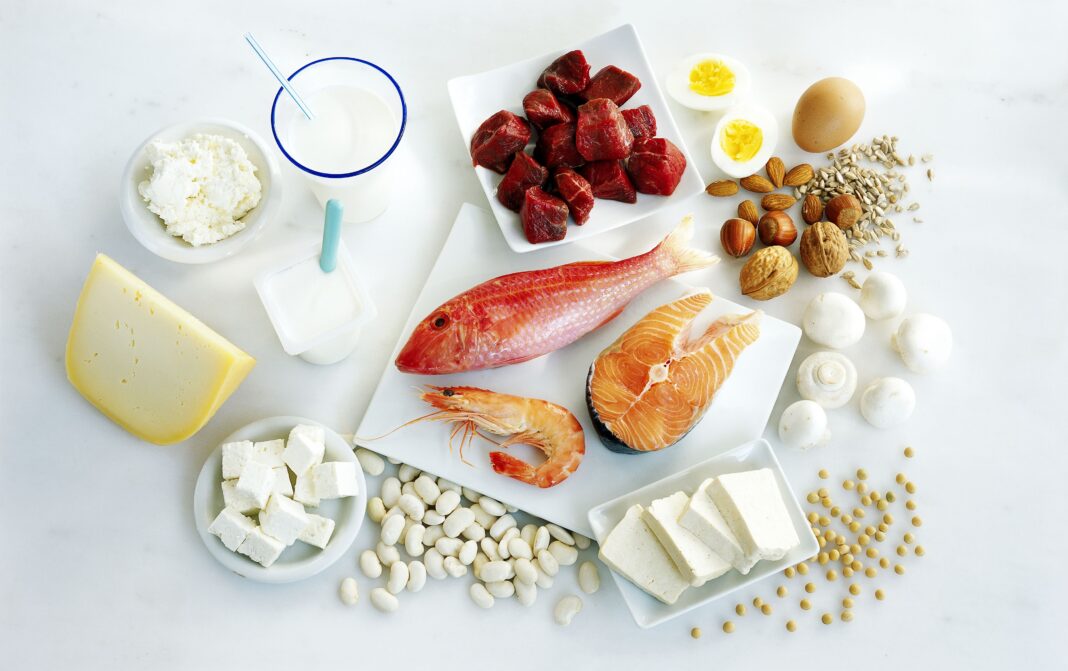High-protein diets have gained popularity for their potential to promote weight loss, muscle gain, and overall health. However, recent discussions have surfaced regarding their possible link to constipation. Let’s delve into this topic to uncover whether a high-protein diet indeed causes constipation and explore strategies for maintaining digestive health on such diets.
Understanding Constipation:
Constipation is a common digestive issue characterized by infrequent bowel movements, difficulty passing stool, and discomfort. Factors contributing to constipation include inadequate fiber intake, dehydration, sedentary lifestyle, and certain medical conditions. While diet plays a significant role in bowel regularity, the association between high-protein diets and constipation requires closer examination.
The Role of Protein in Digestive Health:
Protein is a vital macronutrient essential for muscle repair, hormone production, and overall body function. While some high-protein diets may lack sufficient fiber, hydration, and variety, protein itself is not inherently constipating. In fact, including sources of lean protein, such as poultry, fish, beans, and legumes, can support digestive health when part of a balanced diet.
Factors Contributing to Constipation on High-Protein Diets:
1. Inadequate Fiber Intake:
Many high-protein foods, such as meat, poultry, and dairy, contain little to no fiber, which is crucial for promoting regular bowel movements and preventing constipation. Insufficient fiber intake can lead to slower digestion and transit time, contributing to constipation symptoms.
2. Low Fluid Intake:
Adequate hydration is essential for maintaining bowel regularity and softening stool for easier passage. High-protein diets may increase fluid needs, especially if accompanied by increased physical activity. Failing to drink enough water can exacerbate constipation symptoms and hinder digestive function.
3. Lack of Variety:
Some high-protein diets focus primarily on animal-based protein sources, neglecting other essential nutrients and fiber-rich foods. A lack of dietary diversity can lead to imbalances in gut bacteria and digestive function, potentially contributing to constipation.
Strategies for Preventing Constipation on High-Protein Diets:
1. Increase Fiber Intake:
Incorporate fiber-rich foods such as fruits, vegetables, whole grains, nuts, and seeds into your diet to support bowel regularity and prevent constipation. Aim for a variety of colorful fruits and vegetables to maximize nutrient intake and promote digestive health.
2. Stay Hydrated:
Drink plenty of water throughout the day to support hydration and facilitate smooth digestion. Herbal teas, infused water, and hydrating foods like cucumbers and watermelon can also contribute to fluid intake and aid in preventing constipation.
3. Include Probiotic Foods:
Probiotic-rich foods like yogurt, kefir, sauerkraut, and kimchi can help maintain a healthy balance of gut bacteria and promote optimal digestive function. Incorporating these foods into your diet can support overall gut health and reduce the risk of constipation.
Conclusion:
While high-protein diets have been associated with constipation, it’s important to recognize that various factors contribute to digestive health. By prioritizing fiber-rich foods, staying hydrated, and including probiotic-rich foods in your diet, you can support optimal digestive function and prevent constipation while following a high-protein eating plan. As always, consult with a healthcare provider or registered dietitian for personalized guidance on maintaining digestive health and well-being.
Source- IndianExpress



